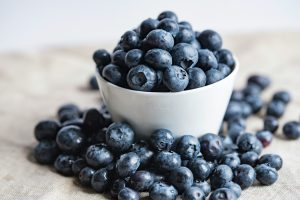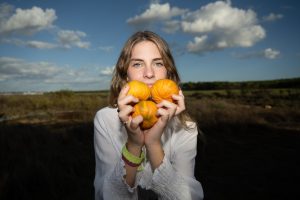The Spanish subtropical fruit campaign has started, marked by a drastic drop in production in the most important region, La Axarquia. The water shortage has devastated the mango harvest, which will be 80% lower than in a normal year and will end a month earlier than usual owing to the lack of produce and to the harvest being brought forward by 15 days, which caught many in the sector unprepared and, in some cases, even caused produce losses. The Spanish Tropical Fruit Association estimates that “it will be difficult to harvest more than 15,000 tonnes” of mangos.
With regard to avocados, the harvest experienced a drop of around 60% last campaign and in 2023/2024 there will also be an important reduction if everything continues in the same way and it does not rain. However, the decrease will be slightly smaller compared to the previous year, with around 50% less compared to an average year.
According to Álvaro Palacios, Chairman of the Spanish Tropical Fruit Association, the campaign will be “complicated.” “The drought has made an impact in a sector that lives for and through farming. We are talking about families of farmers who are losing not only their income, but also the legacy, often passed down through the generations, who had worked hard to start up farms that are now being lost or have already been lost. This is the crude reality of the situation.”
UPA Malaga also talked about the farmers’ situation a few weeks ago, predicting “massive losses”. Francisco Moscoso, General Secretary, denounced the “ridiculous prices” at source, affirming that “they have gone from being stars to crashing.” And the fact is that at the beginning of August, mangos were priced at around 2€/kg, but in a few weeks this dropped to 1.40€/kg. A situation that is very different at the end of the chain. “On the supermarket shelves you find mangos at prices that are almost four times what the farmers are paid.”
Companies consulted by Fruit Today qualify that “as there is an important reduction in the Spanish production, some chains have opted for choosing fruit from other sources” that allows them to fulfil their programmes, which is the reason behind the drop in price. In any event, the prices at the start of the campaign are not going to offset this year’s significant losses in volume.
Land diversification
The large companies in the sector have been carrying out a geographical diversification strategy for years, searching for areas where water is not a problem (or at least not as pressing as in Malaga) and that have the weather conditions necessary for growing avocados.
The case of mangos is very different. They need less water than avocados, but on the other hand, growing mangos require “some specific weather conditions that cannot be found at all latitudes of Spain,” Domingo Palacios explains. Outside La Axarquía and La Costa de Granada, they are only produced in the Canary Islands.
32 hm3 more in October
On the 14th of September, the Minister for Agriculture, Fishing, Water and Rural Development, Carmen Crespo, announced “the historic investment of 55 million euros that is being made by the Andalusian Government in La Axarquía and that will allow this region of Malaga to have an extra 32 hm³ of water in October.” In the province, “this effort has included 300 million euros.”
The Andalusian Government has finished 9 hydraulic works to alleviate the effects of the drought in La Axarquía and highlighted the start-up of tertiary water treatment plants in the region, which will bring new water resources for use in farming. Crespo announced that added to these actions are another two projects that will be finished in October.
With regard to other initiatives, “the Water Highway has already started,” and its first phase, joining La Rosaleda and La Axarquía, “has meant guaranteeing 400 l/sec”.
The Minister pointed out that “we must continue working” in this area, and she referred to initiatives regarding other water sources that belong to a national jurisdiction, such as desalinated water. “After many meetings,” the Andalusian Executive has managed to start up a working group to promote desalination. “We have managed to obtain 200 million Euros for Andalusia.” These funds will be used for two desalination plants in the province of Almeria and one in La Axarquía.























